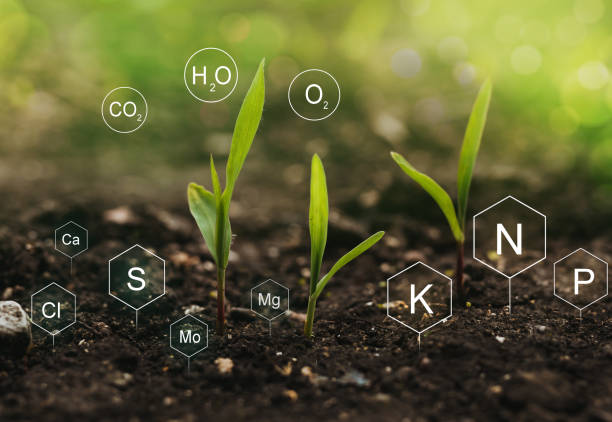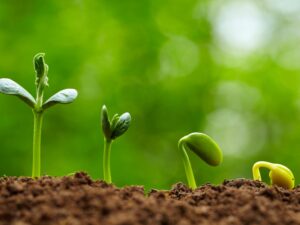How to make the soil ready for cultivation?

“Soil ready” is a term that refers to soil that is properly prepared for planting. When soil is “ready,” it has the correct balance of nutrients, pH levels, and moisture to support healthy plant growth. In the context of natural fertilizing, it means that the soil has been amended with natural and organic materials to improve its fertility and structure.

Using natural fertilizers, such as compost, manure, and bone meal, is an effective way to make your soil “ready” for planting. These materials are rich in essential nutrients, such as nitrogen, phosphorus, and potassium, that plants need to grow. They also help to improve the structure of the soil, making it easier for roots to penetrate and absorb water and nutrients.
In addition to adding organic matter to the soil, it’s also important to make sure that the soil has the right pH levels. Most plants thrive in soil with a pH between 6 and 7, but some plants prefer slightly acidic or alkaline soil. A soil test can help you determine the pH levels of your soil and adjust accordingly.
Another important factor to consider when making your soil “ready” is moisture. The soil should be moist but not waterlogged, as this can lead to root rot and other problems. A good way to test soil moisture is by using a soil moisture meter or by squeezing a small amount of soil in your hand. If it forms a loose ball, it’s moist enough.
To make your soil ready for planting, you can also use natural fertilizers like worm castings, green manures, rock dust, and biochar. These products are made from natural materials that are rich in nutrients and beneficial microorganisms, and can help to improve the overall health and fertility of your soil.
In conclusion, making your soil “ready” for planting requires a combination of adding organic matter, adjusting pH levels, and ensuring proper moisture. Using natural and organic fertilizers is an effective and sustainable way to improve the fertility of your soil, leading to healthy and productive plants. Regular soil test, monitoring and adjusting pH levels, and moisture are key to maintain healthy soil.
